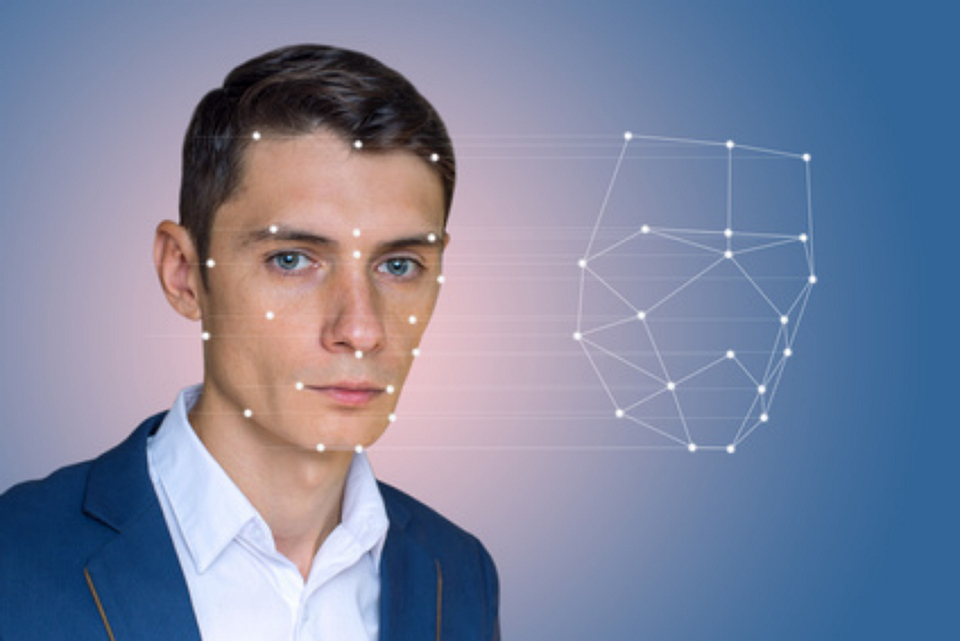Facial recognition technology is coming to an airport near you. While this may seem like we’re now living in the future, this technology already exists in Google Photos, and it’s being implemented by a new security camera from Nest. It’s beginning to hit the mainstream. Will library cards be replaced with facial recognition software? At the rates things are going, we may likely see that in our lifetime.
- Facial recognition technology is taking over airports: Your face is your new boarding pass [Mashable] “JetBlue announced a plan to use the face scanning technology in lieu of traditional boarding passes. The airline is working with U.S. Customs and Border Protection in flights between Boston’s Logan International Airport and Aruba’s Queen Beatrix International Airport. “
- Nest’s new camera uses the same facial recognition tech as Google Photos [ReCode] “What’s being incorporated into the IQ is more advanced: It can distinguish between faces and remember faces that have been labeled by the user. It’s the same FaceNet technology used by Google photos to identify and organize faces found in images.”
- Microsoft merges advanced facial recognition and Bing image search in new Face Swap app [Android Police] “Here, rather than swap two faces around as with other apps in the genre, you simply swap your face into an entirely different setting, no photoshop skills required. You take a selfie or pick one you’ve already taken, then use Bing image search within the app to find a new scene into which you can insert yourself. Once you’ve found that photo of an astronaut, basketball player, or politician, the app will automatically recognize the face in the target picture and swap yours in for it.”
- Facial recognition software can sense when a sheep is in pain [Engadget] “When a sheep is hurting, it makes certain predictable facial expressions. It’s so reliable, in fact, that scientists recently introduced the Sheep Pain Facial Expression Scale (SPFES) to easily determine the amount of pain a sheep feels. However, training humans to read these facial expressions and tics is time consuming; that’s where the computer comes in.”
From the Ohio Web Library:
- Facial Recognition Market – Global Industry Analysis, Size, Share, Growth, Trends and Forecast 2015 – 2022 (M2PressWIRE)
- Is iPhone set to get facial recognition? (Moren, D. (2017). Is iPhone set to get facial recognition?. Macworld – Digital Edition, 93-96.)
- JetBlue partners with CBP, SITA to launch self-boarding program using facial recognition (Airline Industry Information (M2),)


